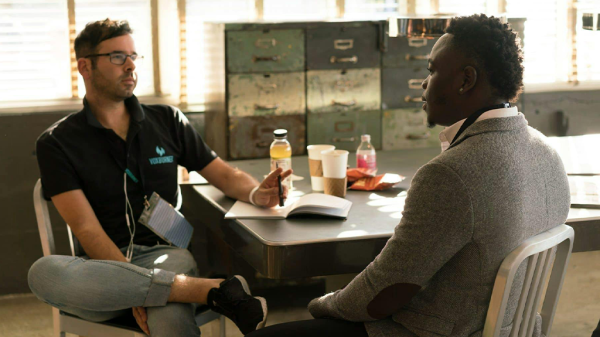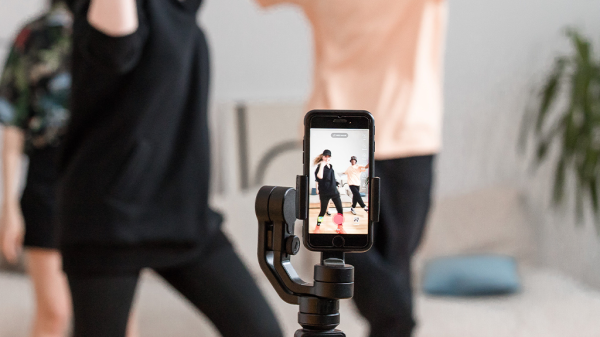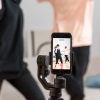Social media has supposedly made us more connected than ever. We can keep up with family milestones, see pictures of our loved ones, and say hello to an old friend with the click of a button. So why does social media seem to make us feel so lonely?
Studies linking depression and poor emotional health to social media usage have been around for a while. However, these studies have been somewhat limited to surveys in which subjects self-report that using social media makes them depressed, as well as studies that correlate depression with social media without proving causation. In other words, a study might show that people who use social media more often and for longer hours are more likely to experience depression – however, such a study is a sort of chicken-and-egg question. Are people prowling the internet late at night because they’re bored, lonely, and depressed, or are they bored, lonely, and depressed because they’re online? Correlative studies can’t answer that question.
For the first time, researchers seem to have made a hard, causational link between social media use and emotional well-being. TechCrunch reports that Melissa Hunt, a researcher in the Penn State psychology department, has published a study in the latest Journal of Social and Clinical Psychology that suggests that limiting your exposure to social media improves your emotional well-being.
The study compared control and experimental groups of students. For three weeks, the control group continued using social media as they normally would, whereas the experimental group limited their social media usage to 10 minutes per day for three apps – Facebook, Instagram, and Snapchat. The study tested students for their “baseline” emotional health before the experiment, then tested them again afterward.
The results were clear. The group that limited their social media use “showed significant reductions in loneliness and depression.” Interestingly, both groups showed a decrease in anxiety and FOMO (yes, they actually tested for “fear of missing out,”) over the three weeks, suggesting that even being more aware that you’re using social media a lot led to self-monitoring that improved emotional health.
The study didn’t dig into why social media makes us sadder and lonelier, but previous studies suggest that using social media encourages “social comparison” that make us feel bad about ourselves. Seeing a constant feed of other peoples’ perfect vacations/cats/boyfriends/breakfasts makes us feel crummy about our own lives.
Even more importantly, using social media may give us the illusion that we’re engaging in a social activity when in fact we’re literally sitting alone in front of a computer. Limiting social media time forces us back into the present, into interacting with people IRL and engaging in the hobbies and activities that actually make us happy.
So if you’ve been feeling a little blue, you might want to start by logging off social media. Personally, I deleted all of my social media accounts years ago and saw a significant decrease in anxiety. I know I’m unlikely to convince anyone to take this bold move; Hunt was unable to research longer-term effects of limiting social media because she couldn’t compel enough subjects to come back for a second round. But this study lays the facts bare – at least limiting your daily intake of social media is a pretty surefire way to feel better.
The Penn State study did not find that limiting social media improved self-esteem or social support. In other words, logging off is just the first step. But once you’ve wrenched yourself away from the screen, you’ll actually have time and energy to spend time with friends face-to-face.
So remember next time you log in to Facebook to keep up with your “friends” – you’re only making yourself more lonely.
Ellen Vessels, a Staff Writer at The American Genius, is respected for their wide range of work, with a focus on generational marketing and business trends. Ellen is also a performance artist when not writing, and has a passion for sustainability, social justice, and the arts.











































